The 10 Best Modern Books for Chess Improvement
Can you recommend me a book? If only I had a dime for every time a player searching for improvement asked me this question. Books are of course extremely useful in our learning but with so many writers and the extremely high flow of information, we got these days choosing good material can be difficult. For this reason, we have decided to make an article with the 10 books every player aspiring to be stronger must have and most importantly, read. We’ll also add explain why we consider the books useful and with what purpose one can employ each one.
Here is the ultimate list, in no order of importance. Our recommendation is that the following books have to be in your library.
1.Grandmaster Preparation by Jaco Aaagaard
I am almost certain that these series of books are the best material to train your chess skills without a trainer. It’s not a book to read, but a book to do. They contain exercises of all kinds – calculation, defense, positional moves etc. Basically, once you reach a certain level, training your skills on a daily basis is all you need to do.
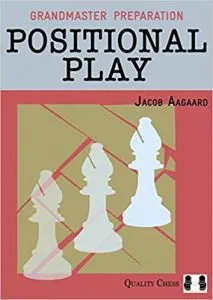
2.Learn from the Legends by Mihail Marin
We all know how important it is to know the classics; Marin shows us a way to do this from a modern perspective and double checked analysis of games from the past. Highly entertaining insights

3.Positional Decision Making by Boris Gelfand and Dynamic Decision Making
By now these two books have become classics of the chess literature. Gelfand is a wonderful player who has managed to stay in the selected elite group for quite some years. In the book he explains the way he sees the game and on what considerations he makes his decisions over the board. Highly recommended.
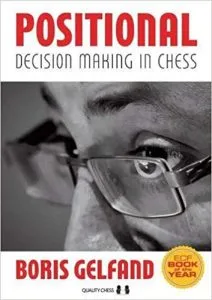
4.Under the Surface by Jan Markos
This is still a rather new book. The GM Jan Markos dedicates chapters and chapters to telling us what’s inside the Grandmaster’s mind. How they think, how to train, how to analyze the games and so on. A kind of unique book.
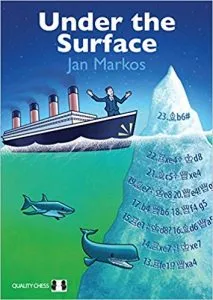
5.Dvoretsky’s endgame manual
Needless to say that such book has to be top priority when it comes to studying the endgame. I would say indispensable book for every player.

6.Improve your practical play in the middlegame by Alexey Dreev
Another new gem which is very interesting for training purposes. Dreev addresses the problem of choosing candidate moves and evaluating positions.

7.Small steps to giant improvement by Sam Shankland
GM Shankland explores the transformations of the pawn structures and the impact it has on the middlegame and endgame.
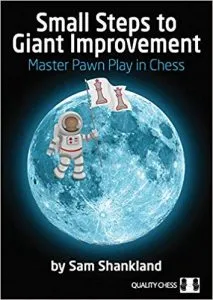
8.Together with Morozevich by Alexey Kuzmin
Morozevich is one of the greatest players of modern times, at least in my opinion. He is an original player with an aggressive style who managed to reach number 2 in the rating list while Kasparov was around. It is no surprise that a book about his games and training is quite valuable and has interesting positions to train.

9.The Woodpecker Method by Axel Smith and Hans Tikkanen
Great material to train tactics. A whole book packed with tactic exercises for you to develop a killer instinct and train your calculation. This is pretty much a life saver for any chess player; after all, there are plenty of tactical moments in our games. A well-skilled player will more often have a positive result if he manages to take advantage of those moments. Definitely useful.

10.Grandmaster Opening Preparation by Jaan Ehlvest
This book hasn’t made much impact on the public as far as I have seen. However, it has some interesting inputs on how to study and prepare your openings. The insights of a strong player are always interesting.
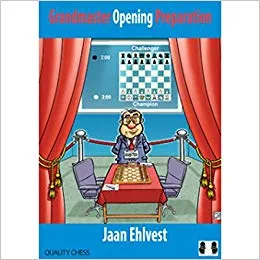
With this, we finish our 10 book list of best books to improve your play. I hope it is useful to you and let us know if there is a book that we have forgotten to mention. Thank you for reading!



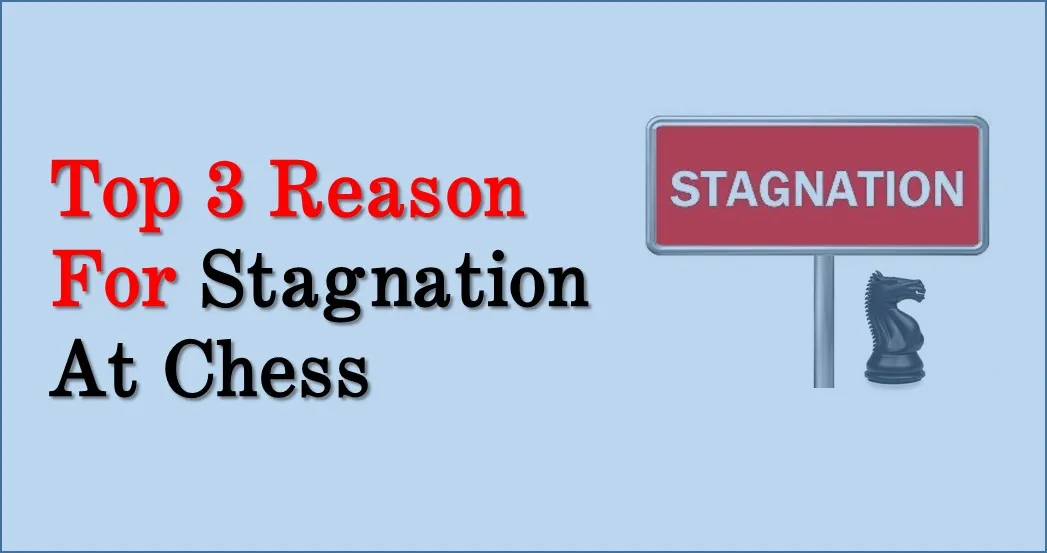
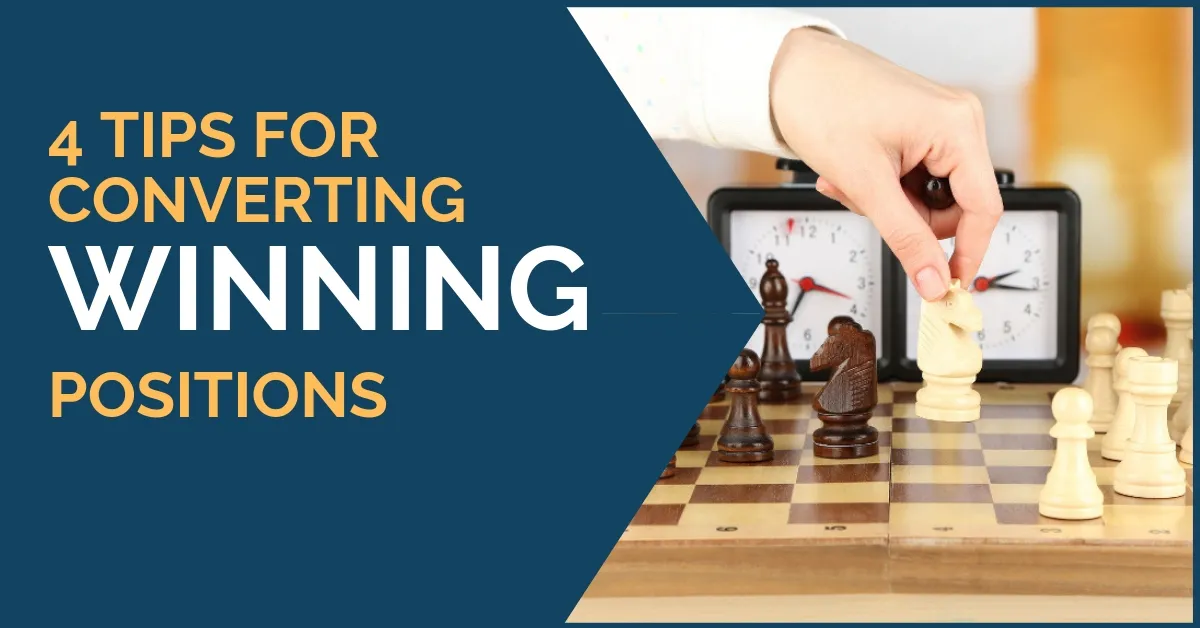
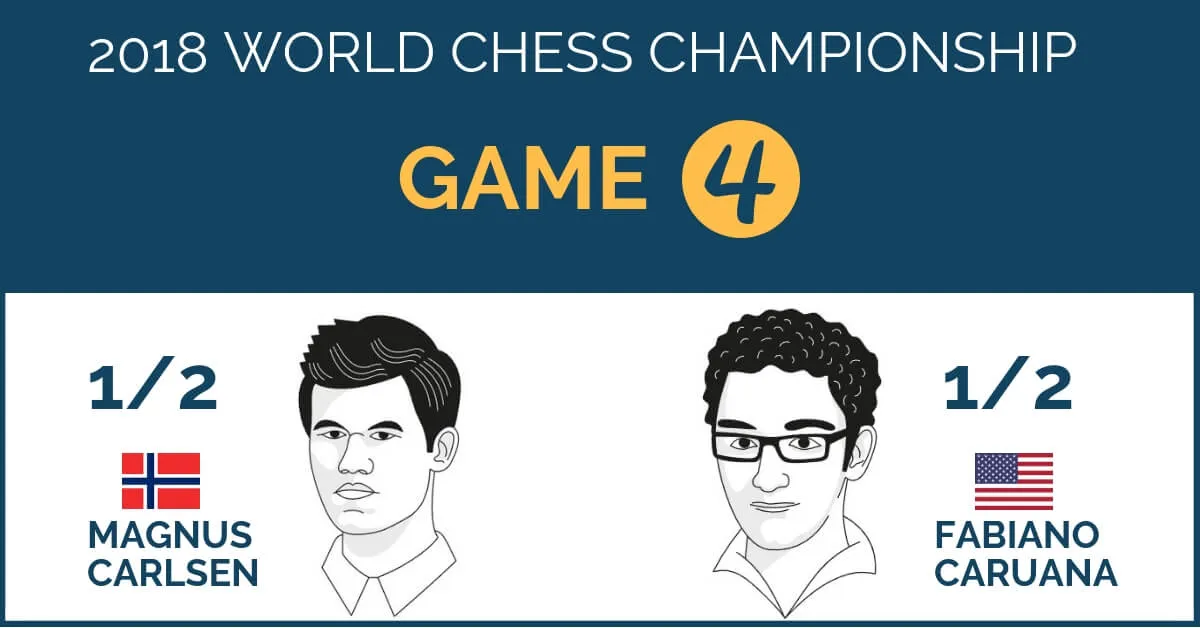




Comments: